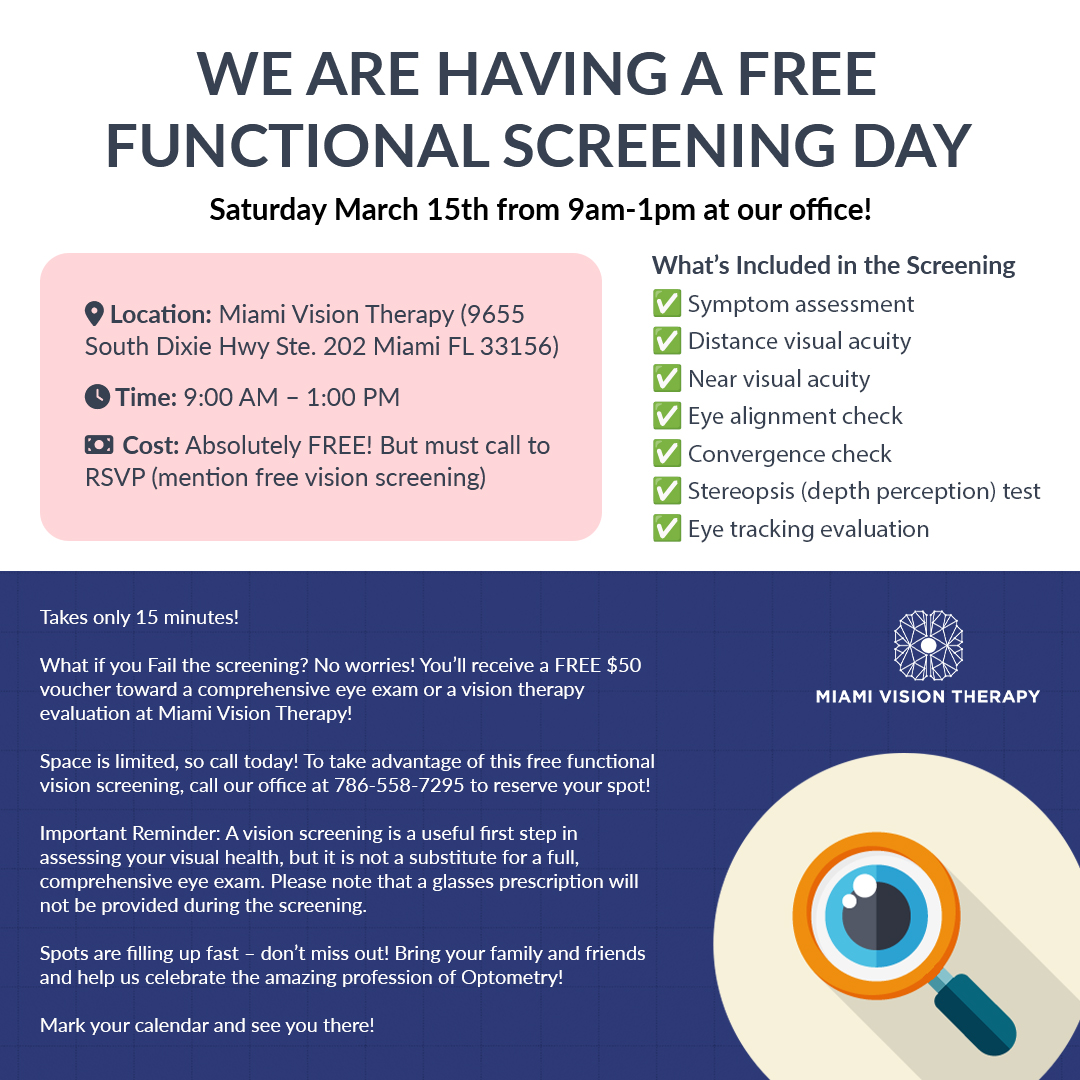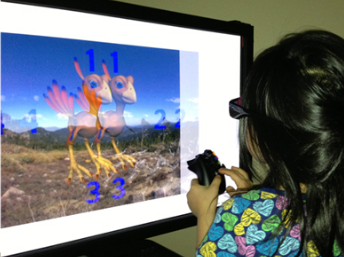


March 27, 2025
The main point: Many people with 20/20 eyesight still experience symptoms like headaches, fatigue, double vision or trouble concentrating. These issues often stem from visual inefficiencies that aren’t detected during a standard eye exam.
“Patients come in saying, ‘My doctor told me my eyes are fine, but something doesn’t feel right,’” said Dr. Chow. “And more often than not, they’re correct. Something is off—but it’s not their eyesight, it’s their visual function.”
Key takeaways: Standard exams typically measure how clearly a person can see and assess for eye diseases. But they don’t always test how well the eyes focus, team together, or track moving objects—skills that are crucial for reading, driving, learning, and general comfort. When these skills are weak or unbalanced, patients may be left with lingering symptoms despite being told their vision is “normal.”
Accommodation, or eye focusing, allows the eyes to switch between near and far distances. Vergence, or eye teaming, controls how well the eyes align when looking at close objects. Tracking, which involves smooth eye movements and quick shifts between targets, supports reading fluency and spatial awareness.
“When these systems aren’t working efficiently, the brain has to work harder to compensate,” said Dr. Chow. “That extra effort can lead to fatigue, frustration, and difficulty performing routine tasks—especially in kids.”
One of the most common undiagnosed issues is convergence insufficiency, where the eyes don’t come together properly when reading or doing near work. It can cause words to move on the page, blurred or double vision, or even dizziness. Another is accommodative dysfunction, which makes it hard to shift focus between distances or hold attention during reading.
These symptoms don’t show up on a typical eye chart. And without specialized testing from a provider trained in binocular vision, they often go undetected.
Why it matters: Visual efficiency problems can affect children in school, adults at work, and people of any age recovering from concussion or dealing with digital eye strain. Yet many people are unaware that vision involves more than just clarity.
“Good vision isn’t just about what you see—it’s about how your eyes and brain work together to make sense of what you see,” said Dr. Chow. “You can have perfect eyesight but still be struggling with your vision every single day.”
Vision therapy, a non-surgical rehabilitation program, is designed to treat these underlying issues. It involves exercises and tools that help retrain the brain and eyes to function in sync. For patients who have gone years without answers, therapy can be life-changing.
“Our patients often say they didn’t realize how hard their eyes were working until things finally started to feel easier,” Dr. Chow said. “We help them reach a level of comfort and performance they didn’t know was possible.”
What’s next: Patients who suspect something’s wrong with their vision—even after a normal exam—should ask more targeted questions at their next appointment. Dr. Chow recommends asking:
How are my focusing and tracking skills?
Do my eyes work together the way they should?
Can you evaluate how my eyes perform during visual tasks?
If those areas aren’t being evaluated—or if symptoms persist despite a clean bill of eye health—it may be time to seek care from a binocular vision specialist.
Dr. Chow and the team at Miami Vision Therapy specialize in identifying and treating hidden visual problems that impact daily life. Their approach focuses on treating the root cause, not just the symptoms.
“People shouldn’t have to struggle to see clearly or comfortably,” he said. “If 20/20 vision isn’t enough, we want them to know there’s help available.”
Patients can schedule evaluations directly with the clinic, which serves children, adults, and individuals seeking vision therapy in the greater Miami area.